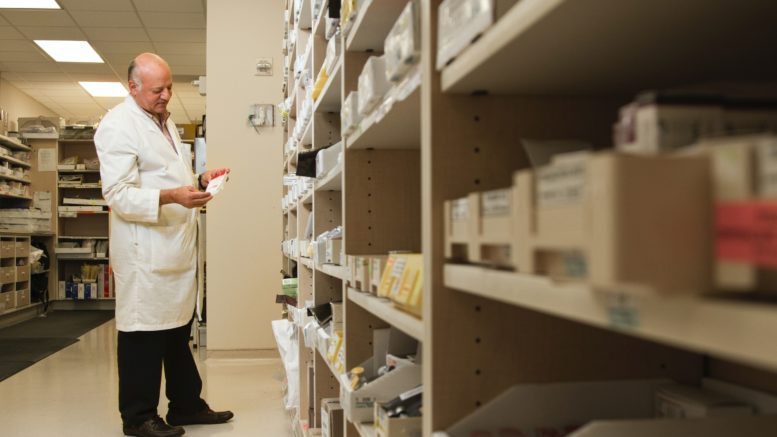By Colleen Henderson
Among parents’ worst fears is discovering their child has a debilitating chronic illness. When it happens, parents steel themselves for the journey ahead and hope that there are treatments that will allow their child to have a good quality of life. In my case, I was at first relieved to find out there was a medication available to treat my daughter’s rare autoimmune disease which causes painful blisters all over her body, only to become horrified to learn that even with insurance coverage, the cost of her medication was wildly out of reach for us at $5,300 per month. Making this situation worse? Finding out that my health plan likely paid far less for the exact same medicine. Fortunately, there is now a bill before California legislators that will remedy this situation so that patients get a break at the pharmacy counter.
Assembly Bill 933, authored by Assemblymember Tom Daly, will reform what is known as the prescription drug rebate system. Its name sounds promising, with the assumption that, like other rebate programs, consumers get money back on their purchases. But that’s not what happens at all. No, instead of lowering the cost for patients at the pharmacy counter, the prescription drug rebate system simply puts money into the pockets of insurance companies and their pharmacy middlemen.
After digging deeper, I found that under the current system, insurers hire pharmacy benefit managers (PBMs) to negotiate rebates with drug manufacturers so that insurers don’t have to pay the full list price for medications. For example, a PBM may negotiate the $500 list price of a medication down to $300 so when the medication is accessed by a patient, the rebate is $200. Shockingly, that $200 does not go to the patient, but is divvied up between the insurance company and the PBM. It’s surprising to me that the current system makes money for corporations while consumers like me struggle to get needed medications or are forced to go without.
According to a recent story in the Wall Street Journal, it’s clear that middlemen and insurers are driving up prices, and making massive profits, while patients are stuck in the middle. Multiple surveys, including one by the Kaiser Family Foundation, have found that nearly 30 percent of patients skip or ration their medications due to high costs.
In the case of my daughter, after our insurance company offered no relief from the prohibitive cost of my daughter’s medication, we decided to contact the drug manufacturer to see if they could help. After months of talking to the drug maker – during which time, my daughter did not get the immediate treatment she needed – we were able to secure discounts and coupons making it much more affordable to purchase my daughter’s medication each month. Sadly, not everyone has the time or ability to negotiate as we did, and they should not have to.
Thankfully, AB 933 can help fix this broken system by requiring health insurance plans pass on at least 90 percent of rebate dollars at the pharmacy counter. Passage of AB 933 will help ensure all patients can afford their medication(s) – protecting lives and livelihoods.
Colleen Henderson is the parent of a child with a rare auto-immune disorder.


Be the first to comment on "Essay: Bill to reform California’s broken prescription drug rebate system will help families afford medications"